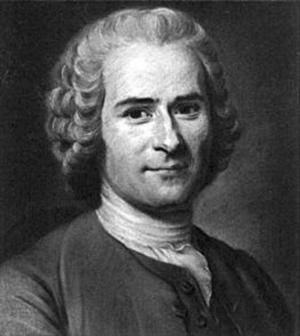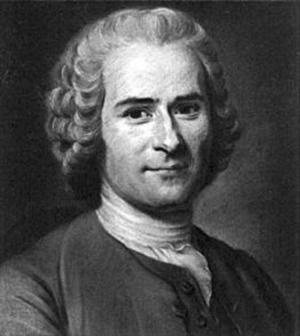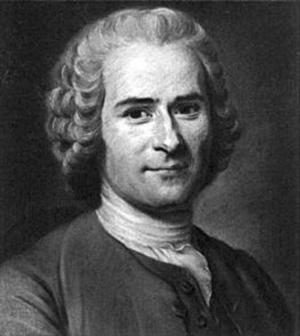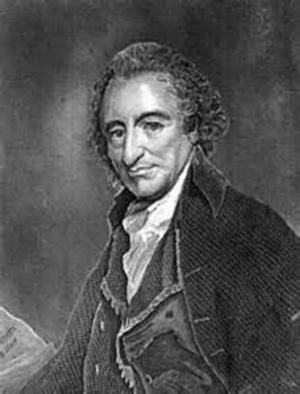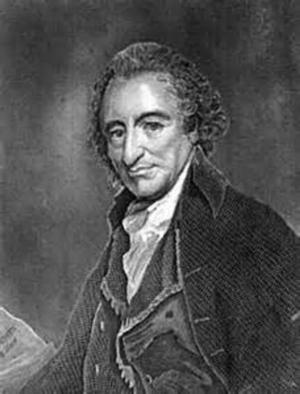William Jevons on Economy and Social Reform (Illustrated)
Business & Finance, Economics, Macroeconomics, Theory of Economics| Author: | William Jevons, Timeless Books | ISBN: | 1230000306683 |
| Publisher: | www.WealthOfNation.com | Publication: | February 24, 2015 |
| Imprint: | Language: | English |
| Author: | William Jevons, Timeless Books |
| ISBN: | 1230000306683 |
| Publisher: | www.WealthOfNation.com |
| Publication: | February 24, 2015 |
| Imprint: | |
| Language: | English |
The book has an active table of contents for easy access to each chapter of the following titles:
1. The Coal Question
2. Methods of Social Reform and Other Papers
3. Money and the Mechanism of Exchange
The collection includes three of the most important books about economy and social reform by William Jevons.
William Stanley Jevons was an English economist and logician in the row with the greatest thinkers Bertrand Russell, Gottlob Frege, Karl Popper, John Stuart Mill, Irving Fisher, Carl Menger, and Alfred Marshall. Their thoughts had strong influence on the investment style of George Soros and his endeavor of Open Society Foundations.
William Jevons’ important contribution to economics and scientific methods is his The Coal Question in 1865. In this book he argued the gradual exhaustion of the coal supplies in UK and published what is now known as Jevon's paradox that increases in energy production efficiency leads to more not less consumption. The peak oil theory as the foundation of speculating and justifying soaring oil price in the past ten years is also based on the analytical framework in the book The Coal Question.
William Jevons’ work The Coal Question in 1865 also called out attention to the gradual exhaustion of the coal supplies in UK and he put forth what is now known as Jevon's paradox that increases in energy production efficiency leads to more not less consumption.
William Jevons’ important contribution to monetary and financial theory of economics is his book Money and the Mechanism of Exchange in 1875. In this book he argued, explained, and answered essential elements of a modern monetary system in a popular and descriptive style. Milton Friedman praised Jevons’ contrition to the modern economics as important as Adam Smith, David Ricardo, and Alfred Marshall.
In the book Methods of Social Reform and Other Papers, William Jevons gave a powerful discussion about his thoughts for the society of UK from an economic point of view.
William Jevons’ influence has been felt in nearly every field of the humanities and social sciences.
The reasoning by William Jevons still remains as relevant today as it was then. This book is one of the most important ones about the deepest thoughts of utilizing natural resources, pricing cycles of the natural resources, applying technologies, and their economic impact on social systems by William Jevons, one of the greatest thinkers of modern economics and logic on the planet.
The book has an active table of contents for easy access to each chapter of the following titles:
1. The Coal Question
2. Methods of Social Reform and Other Papers
3. Money and the Mechanism of Exchange
The collection includes three of the most important books about economy and social reform by William Jevons.
William Stanley Jevons was an English economist and logician in the row with the greatest thinkers Bertrand Russell, Gottlob Frege, Karl Popper, John Stuart Mill, Irving Fisher, Carl Menger, and Alfred Marshall. Their thoughts had strong influence on the investment style of George Soros and his endeavor of Open Society Foundations.
William Jevons’ important contribution to economics and scientific methods is his The Coal Question in 1865. In this book he argued the gradual exhaustion of the coal supplies in UK and published what is now known as Jevon's paradox that increases in energy production efficiency leads to more not less consumption. The peak oil theory as the foundation of speculating and justifying soaring oil price in the past ten years is also based on the analytical framework in the book The Coal Question.
William Jevons’ work The Coal Question in 1865 also called out attention to the gradual exhaustion of the coal supplies in UK and he put forth what is now known as Jevon's paradox that increases in energy production efficiency leads to more not less consumption.
William Jevons’ important contribution to monetary and financial theory of economics is his book Money and the Mechanism of Exchange in 1875. In this book he argued, explained, and answered essential elements of a modern monetary system in a popular and descriptive style. Milton Friedman praised Jevons’ contrition to the modern economics as important as Adam Smith, David Ricardo, and Alfred Marshall.
In the book Methods of Social Reform and Other Papers, William Jevons gave a powerful discussion about his thoughts for the society of UK from an economic point of view.
William Jevons’ influence has been felt in nearly every field of the humanities and social sciences.
The reasoning by William Jevons still remains as relevant today as it was then. This book is one of the most important ones about the deepest thoughts of utilizing natural resources, pricing cycles of the natural resources, applying technologies, and their economic impact on social systems by William Jevons, one of the greatest thinkers of modern economics and logic on the planet.

